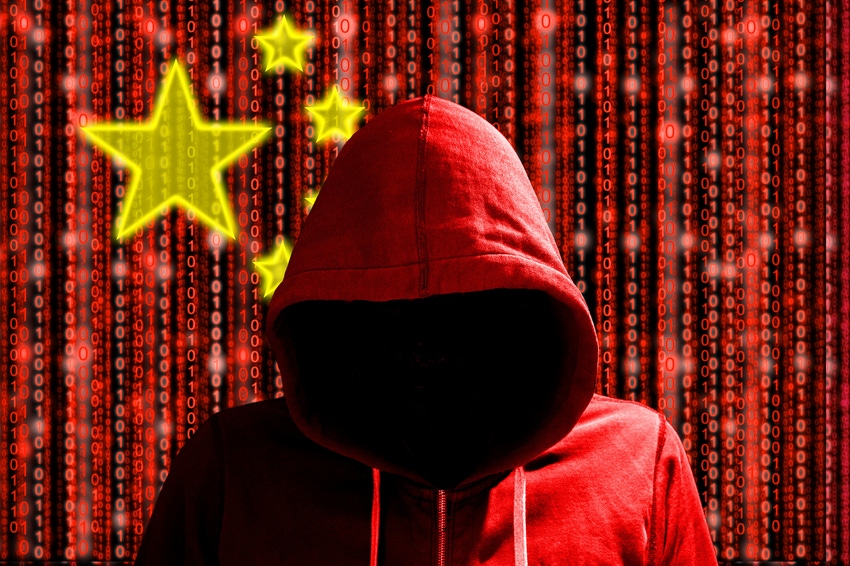Chinese response to coronavirus reveals the true nature of online censorship
Reports detailing Chinese state attempts to censor criticism of its handling of the coronavirus outbreak illustrate the danger of allowing political control over social media.
February 25, 2020

Reports detailing Chinese state attempts to censor criticism of its handling of the coronavirus outbreak illustrate the danger of allowing political control over social media.
The latest is provided by Vice, which reports on a Chinese bloke afraid to go back to his home country after suspecting his WeChat had been hacked by state security services. His apparent crime was merely trying to share news about the spread of the virus with his Chinese family, who he feared were being denied access to such information.
It seems the Chinese state was initially quite laissez faire about digital communications concerning coronavirus, as it viewed such traffic as an efficient way of keeping an eye on the spread. That changed when people started slagging off the Communist Party, and its leader Xi Jinping, for their handling of the situation. Then the priority apparently switched from controlling the spread of the disease to controlling the spread of criticism.
Another Chinese chap is reported to have used a VPN to get onto Twitter, access to which is prevented by the great firewall of China, where he posted something about opposing tyranny. Tellingly the Chinese state took this personally and sent agents to confront him. “The content attacks the Communist Party of China,” he was told and forced to sign a promise that he wouldn’t say such things again.
This is all a really clear indicator of the danger of censoring along political lines, but many commentators still seem to think that such outcomes couldn’t possibly happen in the West. Vice itself recently published a piece critical of Facebook’s decision not to ban or restrict political advertising on its platform. Last year it employed the guilt by association fallacy in an apparent attempt to associate President Trump with Nazis.
Much of the US media, including its tech media, is overtly hostile to Trump. This has led to calls for social media censorship to prevent him communicating with the electorate in a way they consider to be deceitful. It doesn’t seem to occur to them that once they open this Pandora’s box, it may affect them just as profoundly as those they wish to censor.
The Chinese state is a classic dictatorship in so much as it views the welfare of its citizens to be entirely dependent on its own health. Therefore any attack on it is, by definition, a national security threat, which justifies the most draconian countermeasures. Its activities and priorities during this crisis should serve as a reminder to the rest of the word of the perils of political censorship. You can’t engineer the public square such that only speech you approve of is allowed, and attempts to do so invariably open the door to tyranny.
About the Author(s)
You May Also Like








.png?width=300&auto=webp&quality=80&disable=upscale)


_1.jpg?width=300&auto=webp&quality=80&disable=upscale)


.png?width=800&auto=webp&quality=80&disable=upscale)